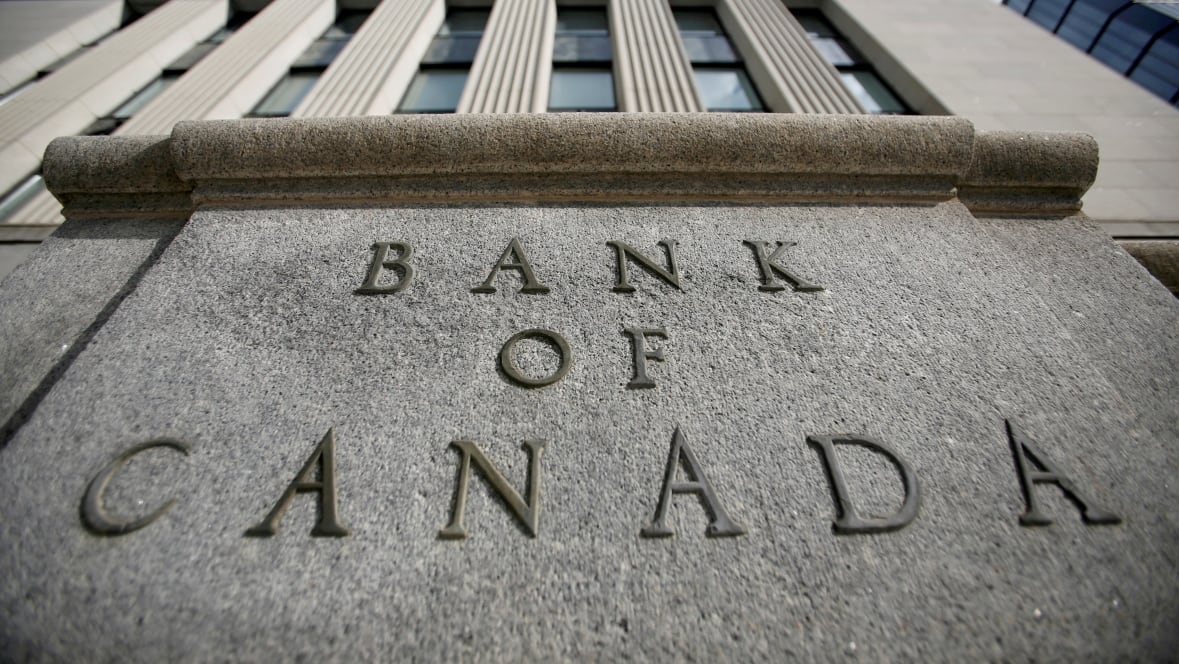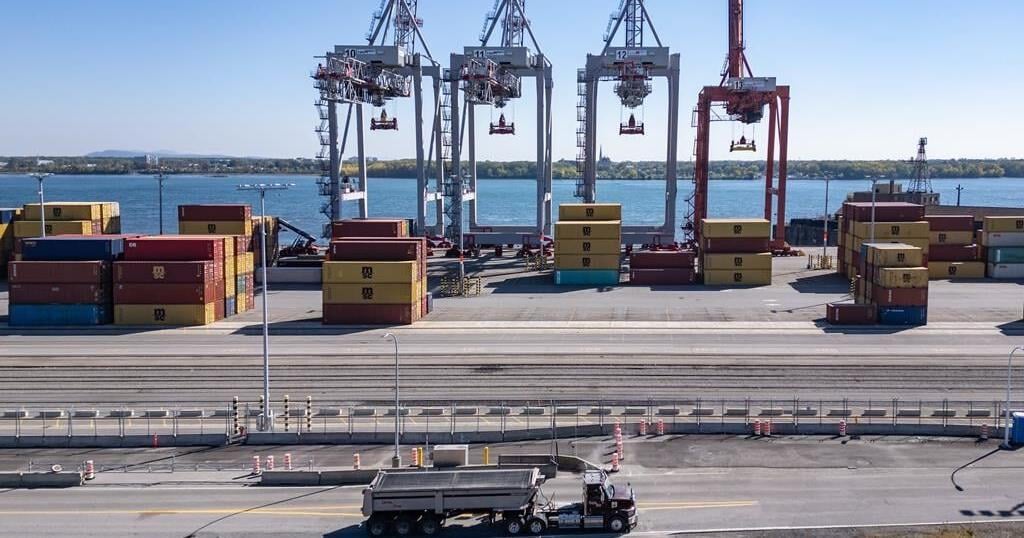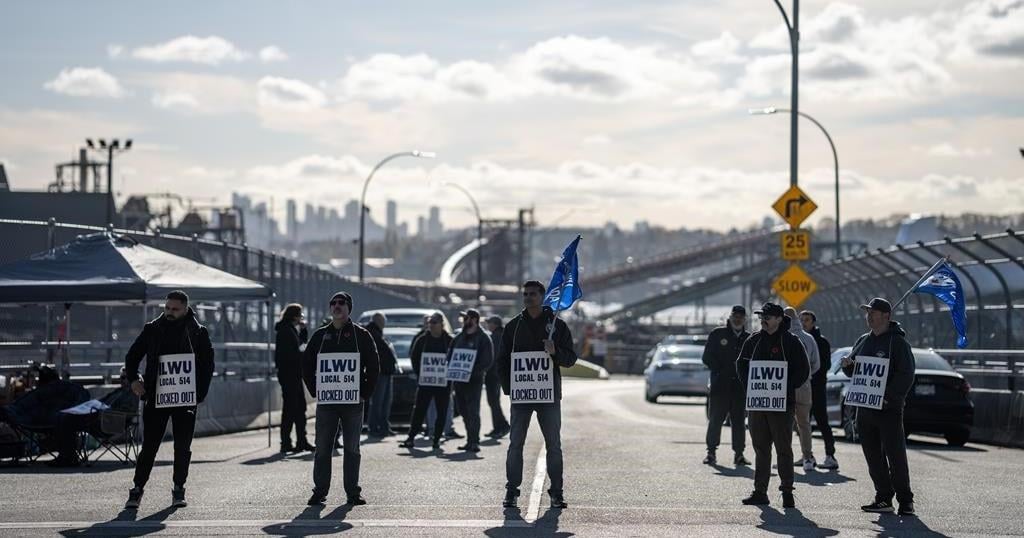MONTREAL – The employers association at the Port of Montreal has issued the dockworkers’ union a “final, comprehensive offer,” threatening to lock out workers at 9 p.m. Sunday if a deal isn’t reached.
The Maritime Employers Association says its new offer includes a three per cent salary increase per year for four years and a 3.5 per cent increase for the two subsequent years. It says the offer would bring the total average compensation package of a longshore worker at the Port of Montreal to more than $200,000 per year at the end of the contract.
“The MEA agrees to this significant compensation increase in view of the availability required from its employees,” it wrote Thursday evening in a news release.
The association added that it is asking longshore workers to provide at least one hour’s notice when they will be absent from a shift — instead of one minute — to help reduce management issues “which have a major effect on daily operations.”
Syndicat des débardeurs du port de Montréal, which represents nearly 1,200 longshore workers, launched a partial unlimited strike on Oct. 31, which has paralyzed two terminals that represent 40 per cent of the port’s total container handling capacity.
A complete strike on overtime, affecting the whole port, began on Oct. 10.
The union has said it will accept the same increases that were granted to its counterparts in Halifax or Vancouver — 20 per cent over four years. It is also concerned with scheduling and work-life balance. Workers have been without a collective agreement since Dec. 31, 2023.
Only essential services and activities unrelated to longshoring will continue at the port after 9 p.m. Sunday in the event of a lockout, the employer said.
The ongoing dispute has had major impacts at Canada’s second-biggest port, which moves some $400 million in goods every day.
On Thursday, Montreal port authority CEO Julie Gascon reiterated her call for federal intervention to end the dispute, which has left all container handling capacity at international terminals at “a standstill.”
“I believe that the best agreements are negotiated at the table,” she said in a news release. “But let’s face it, there are no negotiations, and the government must act by offering both sides a path to true industrial peace.”
Federal Labour Minister Steven MacKinnon issued a statement Thursday, prior to the lockout notice, in which he criticized the slow pace of talks at the ports in Montreal and British Columbia, where more than 700 unionized port workers have been locked out since Nov. 4.
“Both sets of talks are progressing at an insufficient pace, indicating a concerning absence of urgency from the parties involved,” he wrote on the X social media platform.
This report by The Canadian Press was first published Nov. 8, 2024.


























